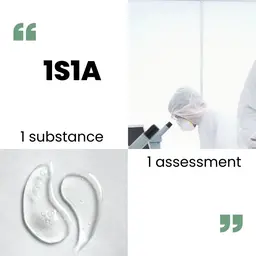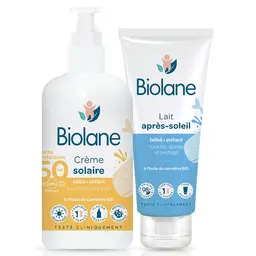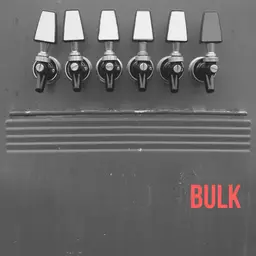
Deodorant agents reduce or mask disagreeable body odors, not to be confused with antiperspirant (ou antitranspirant) agents.
Deodorant agents act as
antiseptic
agents in killing bacteria. They are often used as
preservatives
.
Among deodorant agents:
•
Triclosan
•
Farnesol
• Ethyl Hexyl Glycerin
• Caprylyl Glycol
•
Phenoxyethanol
•
Parabens
• Sodium Usnate
• Polyglyceryl Caprylate
• Bactericidal excipients (which reinforce the activity of other
antiseptic
agents): Ethanol, Propylene Glycol (used in deodorants to prevent white traces), Butylene Glycol, Dipropylene Glycol, Methylpropanediol, Pentylene Glycol, Propanediol
• Perfume and
antiseptic
essential oils (rosemary, sage, lavander …)
N.B.
Disagreeable odor does not come from sweat itself, but from its degradation by bacteria present on skin surface.
Three means exist to rid bad odors:
• Acting on sweat secretion, through the use of
antiperspirant agents
(or antitranspirants).
• Acting on bacterial flora to avoid sweat degradation, through the use of
antiseptic
deodorant agents.
• Acting on already decomposed sweat, through the use of
odor-absorbing agents
(This solution never is used alone but in conjunction with one or both of the others.).













